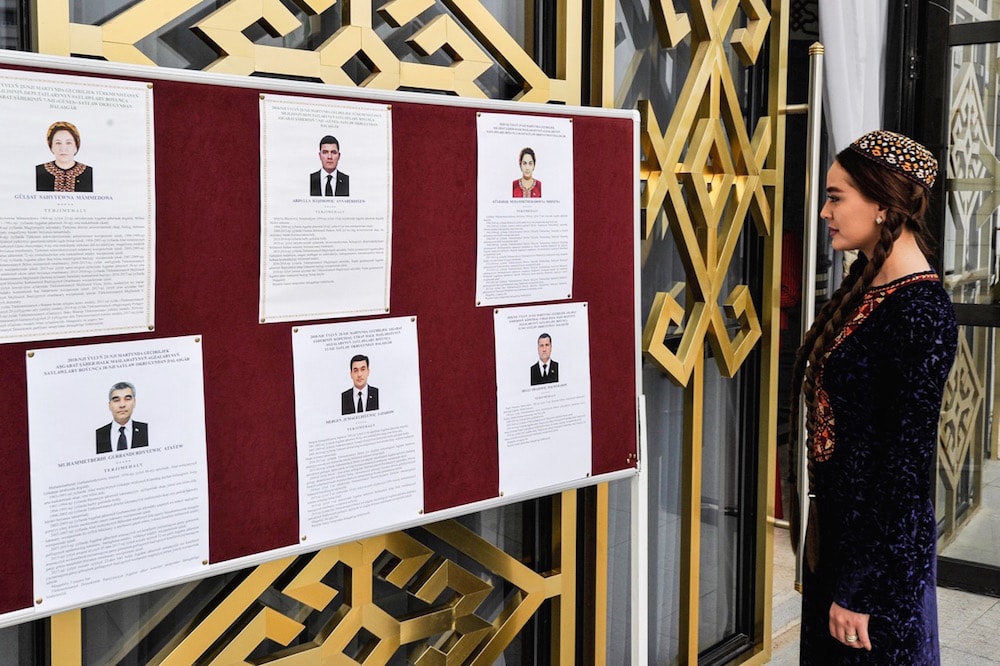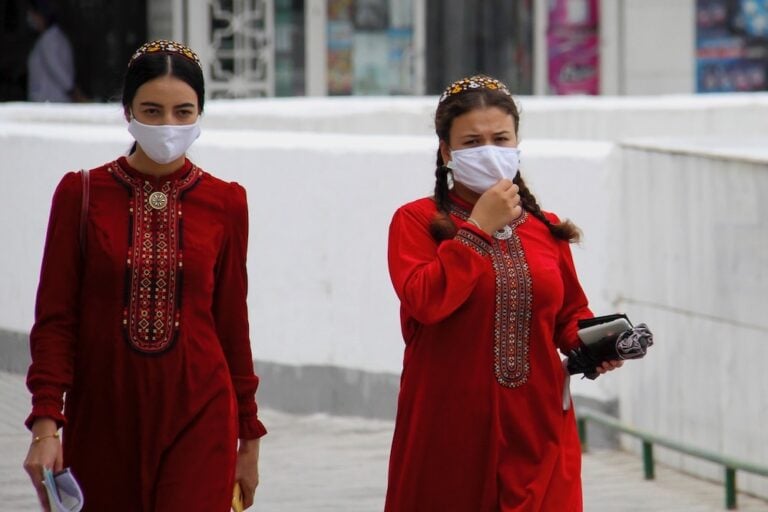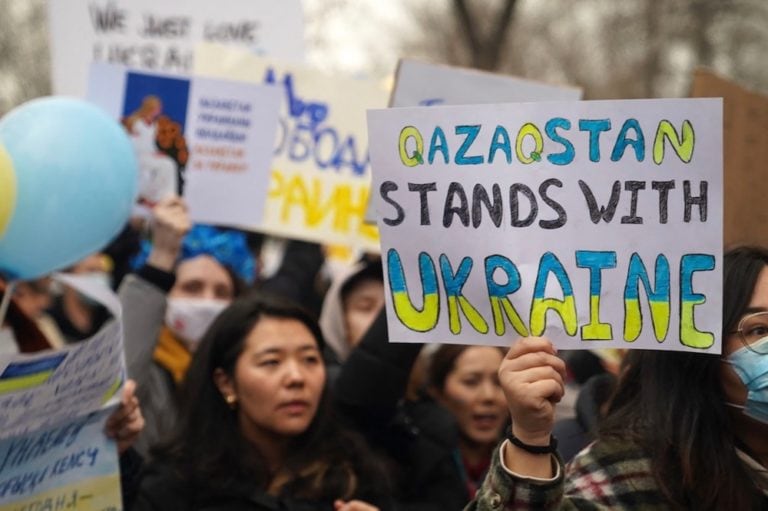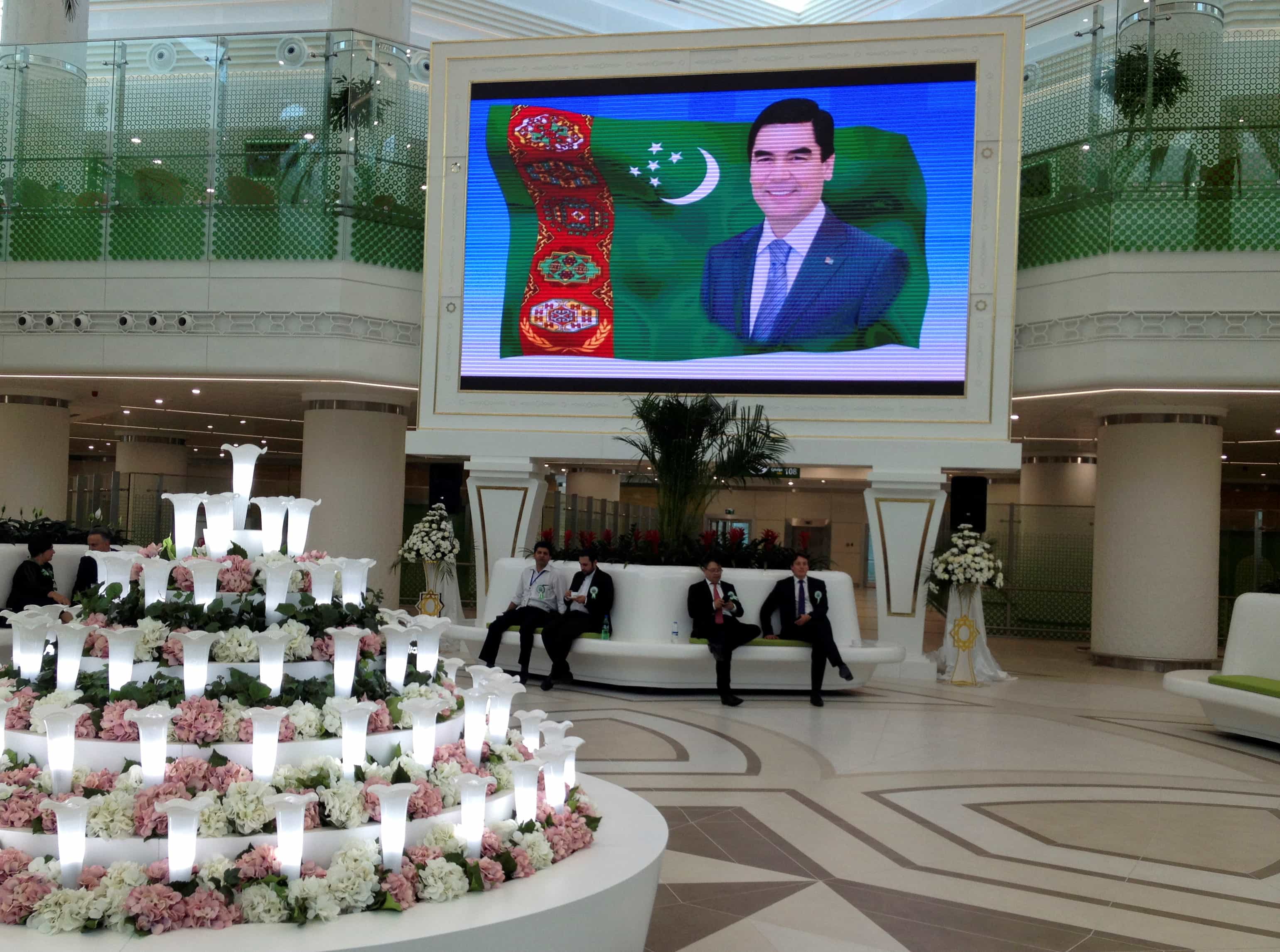“Turkmenistan has long been a closed country for independent human rights scrutiny. The pattern of persecution of relatives of activists who live abroad shows the lengths to which its government will go to keep the world from knowing the scale of the human rights violations there.”
This statement was originally published on hrw.org on 13 May 2021.
Stop Threatening Families, Respect Freedom of Expression
Turkmen security officials have questioned and threatened a 14-year-old boy in retaliation for the outspoken views of his uncle, a Turkmen activist and journalist who lives in Turkey, four independent human rights groups said today.
The threats, in early May 2021, are part of a wave of harassment against the activist, Rozybai Jumamuradov, and of a rising number of incidents in which Turkmen officials have pressured critics based outside the country through their relatives in the country.
The groups, the Turkmen Initiative for Human Rights (TIHR), International Partnership for Human Rights (IPHR), Human Rights Watch, and Amnesty International, said that Turkmen authorities should immediately end their harassment of relatives of dissidents based abroad and uphold freedom of expression and respect for basic rights within the country.
“For decades Turkmen authorities have systematically denied people the right to speak their minds within the country,” said Farid Tuhbatullin, TIHR chair. “Now they are intimidating and harassing relatives to target outspoken activists who live outside its borders. This is a despicable tactic to coerce critics into silence, including about Turkmenistan’s economic crisis.”
In recent months, there has been a surge in criticism of the Turkmen authorities on social media platforms, and an anti-government protest movement has emerged among Turkmen communities abroad. This uptick in activism has come against the background of the government’s persistent policy of Covid-19 denial, the serious protracted economic and social crisis in the country, and the authorities’ failure to ensure food security and provide other basic public services.
The Turkmen government has responded to the growing expression of discontent by increasing pressure against critical voices.
Jumamuradov told TIHR that on May 4, Turkmen security services in Lebap region summoned his nephew. They questioned the boy about his uncle’s activities and about any communications he has had with him.
Jumamuradov said that the officials cursed and shouted at the teenager and threatened to imprison him and his parents because of their contacts with Jumamuradov. They also brought the boy’s mother to the police station and interrogated and intimidated her in the presence of her son. After taking profile photos of both, treating them as if they were criminal suspects, the security service officials released them.
The May 4 incidents followed earlier acts of intimidation targeting Jumamuradov’s family. On April 26, 2021, national security officials summoned and questioned the boy’s father. Prior to this, on March 21, 2021, unidentified people called the boy’s family and threatened to kill them unless they ceased communicating with Jumamuradov.
“It is shocking that security service officials went after a child in their attempts to scare and silence his activist uncle,” said Brigitte Dufour, IPHR’s director. “This shows that the authorities spare no effort in their relentless campaign against dissent.”
Jumamuradov has criticized the government during discussions with members of Turkmen opposition groups on social media. In July 2020, he was also involved in a peaceful rally in Istanbul criticizing Turkmenistan’s government, which was cut short by Turkish police. He previously worked as a correspondent for the Prague-based Turkmen service of Radio Free Europe/Radio Liberty (RFE/RL) in Turkmenistan but was forced to flee the country in 2009 to escape persecution after the security services found out about his work for this service. He has lived in Turkey since 2011.
The threats against Jumamuradov’s family fit the growing pattern of government persecution of relatives of activists who live abroad.
“Turkmenistan has long been a closed country for independent human rights scrutiny,” said Marie Struthers, Amnesty International Eastern Europe and Central Asia office director. “The pattern of persecution of relatives of activists who live abroad shows the lengths to which its government will go to keep the world from knowing the scale of the human rights violations there.”
Another activist targeted is Devlet Bayhan, who is based in Germany and runs a video blog critical of the Turkmen authorities. Bayhan, a former journalist, told TIHR that national security officials visited and threatened his relatives in the city of Mary in Turkmenistan on several occasions since the end of March 2021.
Bayhan said that two of his relatives were fired from their jobs in early April, clearly in retaliation for his activism. Officials warned one of his family members, whose son is currently serving in the army, that their son might not return alive unless Bayhan quits his activism.
Bayhan has spoken out on his blog about various issues concerning the political and social situation in Turkmenistan. Recently he criticized President Gurbanguly Berdymukhamedov’s election as chair of the newly introduced second chamber of parliament, in violation of a constitutional provision that prohibits the president in office from being a member of parliament. Previously, when living in Turkey, Bayhan worked for several years as a freelance correspondent for the Turkmen service of RFE/RL. He left Turkey in 2019 after being intimidated and harassed by both Turkmen security services and Turkish police.
In the past year, human rights organizations have documented a series of other cases involving pressure on the relatives of activists who are based abroad.
“Turkmenistan’s international partners should speak up in support of Turkmen activists whose relatives have faced retaliation,” said Rachel Denber, deputy Europe and Central Asia director at Human Rights Watch. “They should insist that the authorities end this abuse and instead focus on the serious problems that activists are bringing to light.”



